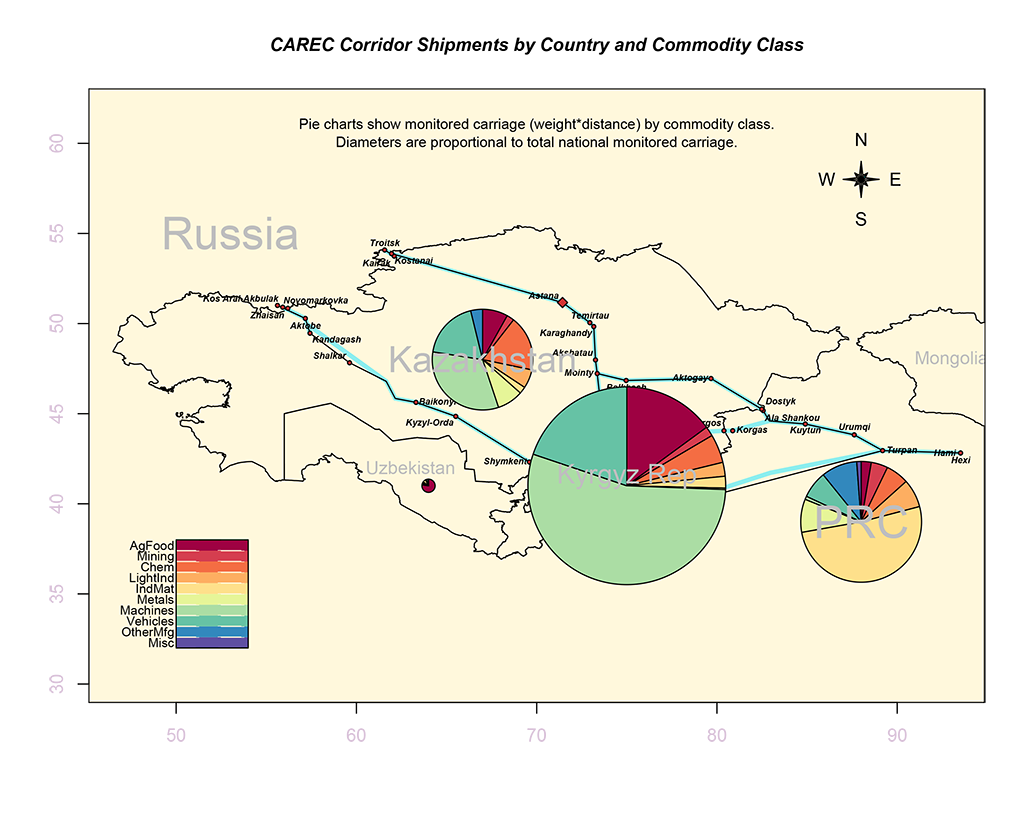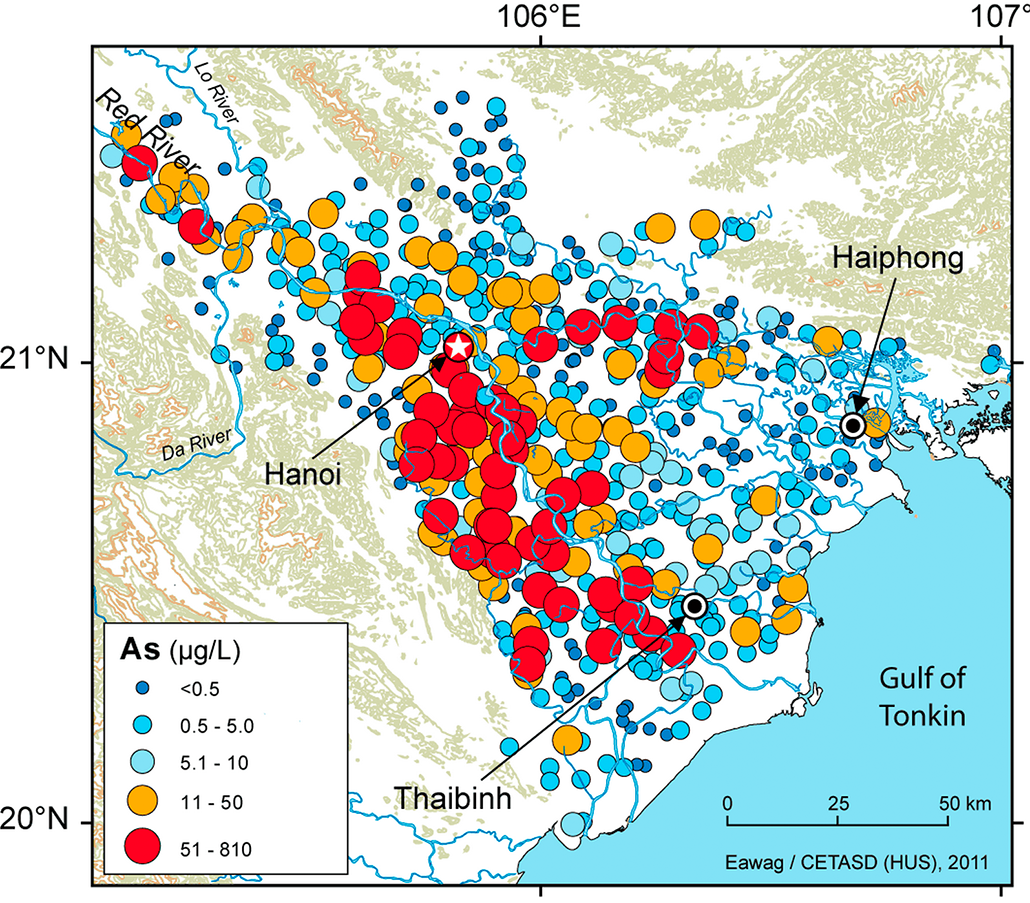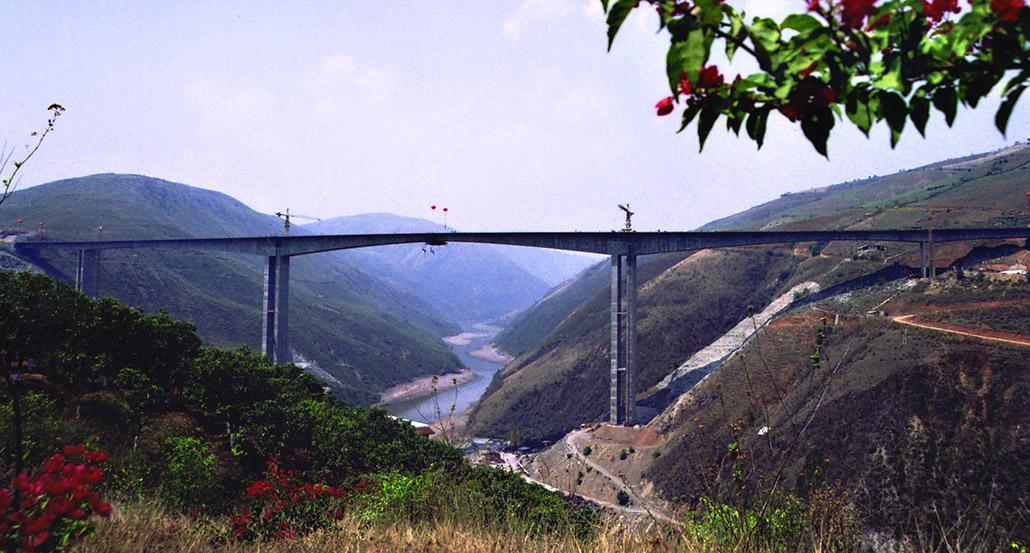A New Empirical Perspective on Globalization and Wages
Place: Global • Date: 2005 • Partner: World Bank
Project Summary
Linkages between global trade expansion and wages have been intensively debated since before the Uruguay Round. Generally speaking, there is apprehension in high-income countries about global convergence of wages, particularly among unskilled workers. These concerns have been intensified by financial globalization, where capital has an unprecedented degree of mobility and is thought to accelerate wage convergence. The intuition behind the convergence concept, essentially Stolper-Samuelson with a twist of international capital movements, is relatively simple and appealing, making it easy to incorporate in a wide variety of anti-globalization agendas. From another perspective, many have voiced concern that globalization is aggravating domestic wage inequality in poor countries.
The empirical basis of these controversies, however, has remained relatively weak, and this has hindered a deeper understanding and more reasoned debate about the processes at work. This paper makes a practical contribution to the issue with an empirical simulation framework to examine detailed trade, employment and wage patterns and their future evolution. In particular, we develop and implement a dynamic global CGE model that can forecast the likely course of international employment and wage adjustment under different trade policy scenarios.
Our results suggest new interpretations are needed of the linkage between trade and wages. Firstly, the relevance of Stolper-Samuelson reasoning appears to be seriously limited by the prominence of nontradable employment (particularly among skilled workers) in both OECD and non-OECD economies. Secondly, there are significant domestic reasons which wage dispersion is increasing within OECD countries, the main one being unequal productivity growth. The essential implication of our results in this context is that OECD wage dispersion may not be as much a trade issue as a domestic one, more closely related to education and labor market policies. In this event, it is difficult to justify trade impediments as a remedy.
This case can be made even more persuasive by the evidence comparing developing and emergent economies. Among the latter group, some have enjoyed a virtuous cycle of growing trade, rising average incomes, and improving (non-agricultural)income distribution. These are the countries that have facilitated human capital accumulation, through commitments to education and labor market reform, allowing the endogenous growth effects of trade to more deeply penetrate their economies.
Most Recent Entries

Low Carbon Biomass Conversion in the Sierra Nevada

Import Competition in the California Strawberry Sector
This site uses cookies. By continuing to browse the site, you are agreeing to our use of cookies.
OK






